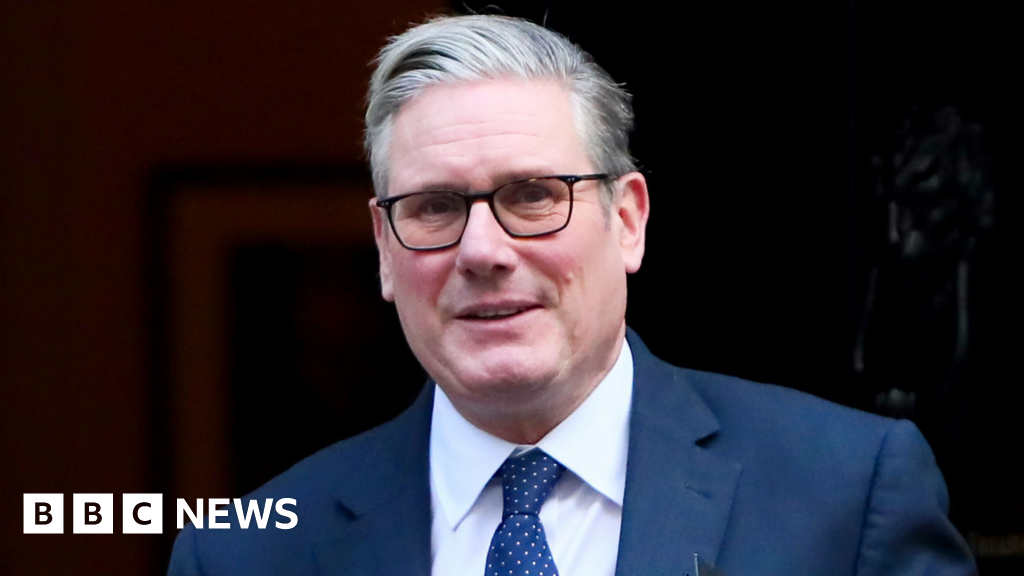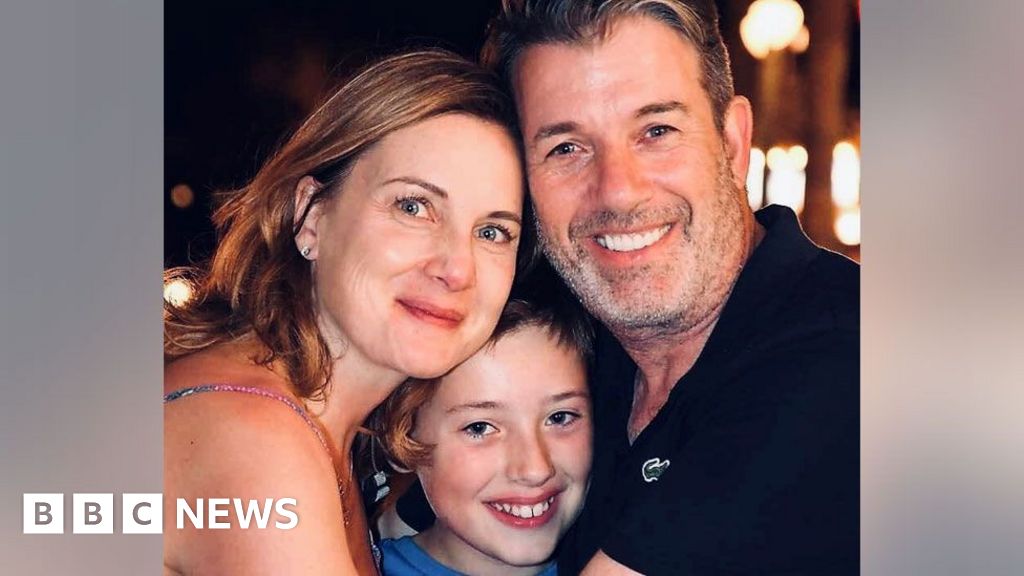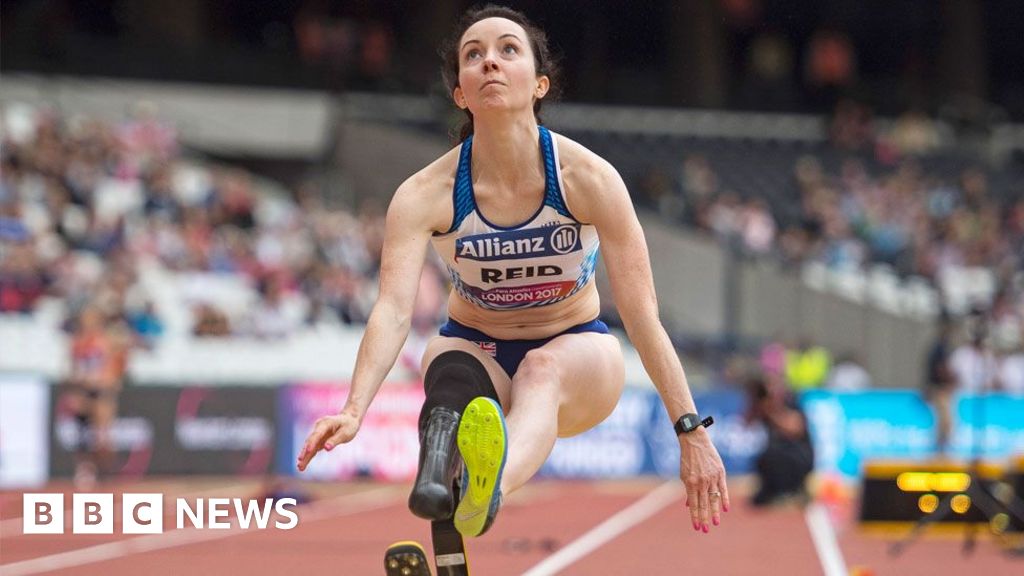'I gave everything to my job, now I’m punished for being too ill to work' PIP claimant fears for future as DWP cuts benefits
Disabled people across the UK are facing significant changes to Personal Independence Payment (PIP) from November 2026, with a new scoring system that could see many losing vital financial support. The Government plans to introduce stricter criteria for the daily living component of PIP, requiring claimants to score at least four points from a single activity rather than accumulating points across different activities.Paul Doyle, who relies on PIP for his daily care needs, spoke exclusively with GBNews about how PIP enables his independence. "The PIP pays for carers in the morning to get me dressed, give the house a tidy and give him breakfast. I couldn't be independent without it," he said.The support allows him to attend medical appointments and visit family, including his ill mother. Without carers, Doyle experienced severe health consequences during Covid lockdowns when he had to shield."I ended up bedridden for much of it. In the end, I had DVTs and sores because I couldn't wash properly without the carers help," he explained.Doyle lives with serious health conditions, including one terminal diagnosis, and sleeps with a respirator. "I've been told I'm at high risk of going to sleep and not waking up in the morning, which is exactly what happened to my sister last year," he revealed.The prospect of losing PIP support fills him with dread. "I wouldn't be able to cope. I'd be housebound, unable to even take a shower and get dressed," he said.He feels the Government is "picking on the most vulnerable" and expressed frustration at media portrayals of benefit recipients. He said: "I blame programmes like Benefits Street for creating the impression that people are living the life of Riley. But people like me are stuck as we can’t get a job. I feel totally lost – I loved my job as a carer. "I used to have a sense of purpose from my job, but now I feel like a burden on my family. I'd love to work again, and I feel like I'm grieving the person I was. "But I know I'll never work again because I have too many things wrong with me, including one terminal diagnosis. Even just getting through each day feels like an achievement."This fundamental shift in assessment methodology has sparked concerns among disability advocates and those who rely on the benefit to maintain their independence and quality of life.Under the current system, claimants can qualify for PIP by accumulating points across different activities. From November 2026, however, this will change dramatically. Claimants will need to score at least four points from a single daily living activity to qualify, in addition to scoring a total of at least eight points overall.This means that someone assessed as meeting four descriptors scoring two points each would reach eight points but would not qualify for the standard rate of the daily living component. Only those with at least one descriptor scoring 4 points will be eligible.The mobility component of PIP will not be affected by these changes.The changes will apply to both new claimants and existing claimants when their awards are reviewed from November 2026 onwards. This represents a significant shift in eligibility criteria that could leave many without support.For example, six descriptors scoring two points each currently qualify for the enhanced rate of PIP daily living component. Under the new system, this would not qualify for any award at all.The uncertainty of benefit assessments adds to Doyle's stress. He said: "I'm constantly anxious that the money will get stopped. The uncertainty is like having an axe above me, waiting to hear."The Department for Work and Pensions is consulting on how to support existing PIP claimants who lose their entitlement, with brief mentions of possible transitional protection in the Green Paper.Christians Against Poverty (CAP) has warned that too many people in the UK are already living in poverty, with the situation expected to worsen. The charity has raised serious concerns about increasing reliance on digital services, noting that the poorest and most vulnerable often have the lowest levels of digital literacy.CAP stresses that for those struggling with mental health challenges, disabilities, addiction, and unemployment, effective support can only be delivered through face-to-face interventions.While acknowledging the need for reform, CAP urges the Government to introduce an Essentials Guarantee, ensuring that benefits never fall below the basic cost of living. Recent statistics from CAP paint a concerning picture of financial hardship across the UK. Since 2021, the number of clients with mental health problems has risen dramatically from 43 per cent to 59 per cent in 2023, more than double the national average.CAP clients in 2023 had a median annual household income of just £14,766 after housing costs. Over half (59 per cent) had monthly incomes below the poverty line, with an average deficit of £300 per month.New research shows 21 per cent of UK households report havi
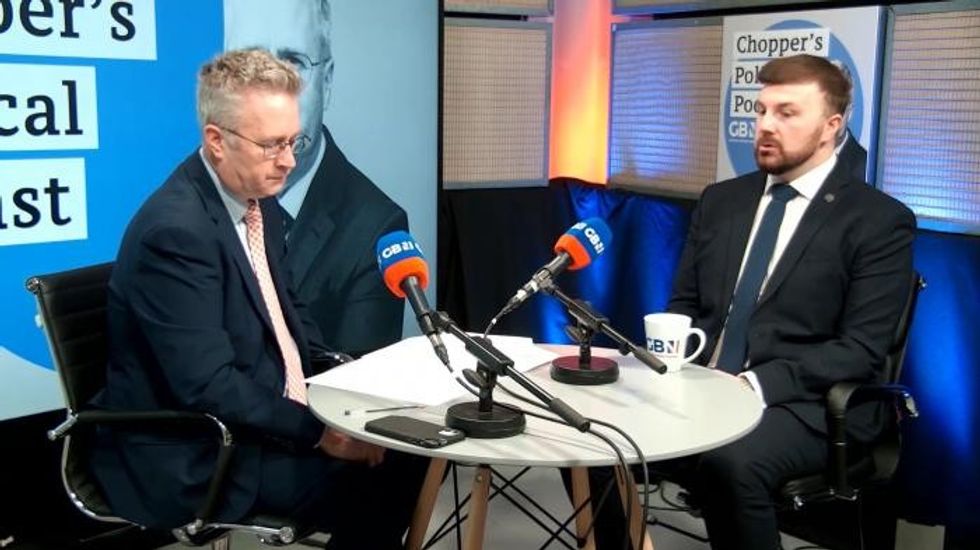
Disabled people across the UK are facing significant changes to Personal Independence Payment (PIP) from November 2026, with a new scoring system that could see many losing vital financial support.
The Government plans to introduce stricter criteria for the daily living component of PIP, requiring claimants to score at least four points from a single activity rather than accumulating points across different activities.
Paul Doyle, who relies on PIP for his daily care needs, spoke exclusively with GBNews about how PIP enables his independence. "The PIP pays for carers in the morning to get me dressed, give the house a tidy and give him breakfast. I couldn't be independent without it," he said.
The support allows him to attend medical appointments and visit family, including his ill mother. Without carers, Doyle experienced severe health consequences during Covid lockdowns when he had to shield.
"I ended up bedridden for much of it. In the end, I had DVTs and sores because I couldn't wash properly without the carers help," he explained.
Doyle lives with serious health conditions, including one terminal diagnosis, and sleeps with a respirator. "I've been told I'm at high risk of going to sleep and not waking up in the morning, which is exactly what happened to my sister last year," he revealed.
The prospect of losing PIP support fills him with dread. "I wouldn't be able to cope. I'd be housebound, unable to even take a shower and get dressed," he said.
He feels the Government is "picking on the most vulnerable" and expressed frustration at media portrayals of benefit recipients. He said: "I blame programmes like Benefits Street for creating the impression that people are living the life of Riley. But people like me are stuck as we can’t get a job. I feel totally lost – I loved my job as a carer.

"I used to have a sense of purpose from my job, but now I feel like a burden on my family. I'd love to work again, and I feel like I'm grieving the person I was.
"But I know I'll never work again because I have too many things wrong with me, including one terminal diagnosis. Even just getting through each day feels like an achievement."
This fundamental shift in assessment methodology has sparked concerns among disability advocates and those who rely on the benefit to maintain their independence and quality of life.
Under the current system, claimants can qualify for PIP by accumulating points across different activities. From November 2026, however, this will change dramatically.
Claimants will need to score at least four points from a single daily living activity to qualify, in addition to scoring a total of at least eight points overall.
This means that someone assessed as meeting four descriptors scoring two points each would reach eight points but would not qualify for the standard rate of the daily living component. Only those with at least one descriptor scoring 4 points will be eligible.
The mobility component of PIP will not be affected by these changes.
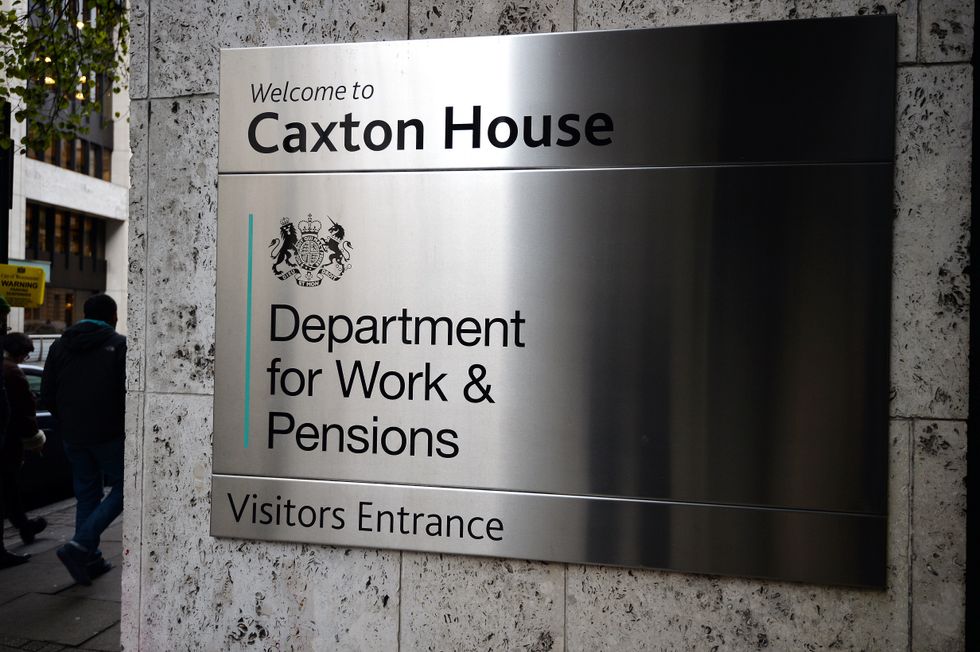
The changes will apply to both new claimants and existing claimants when their awards are reviewed from November 2026 onwards. This represents a significant shift in eligibility criteria that could leave many without support.
For example, six descriptors scoring two points each currently qualify for the enhanced rate of PIP daily living component. Under the new system, this would not qualify for any award at all.
The uncertainty of benefit assessments adds to Doyle's stress. He said: "I'm constantly anxious that the money will get stopped. The uncertainty is like having an axe above me, waiting to hear."
The Department for Work and Pensions is consulting on how to support existing PIP claimants who lose their entitlement, with brief mentions of possible transitional protection in the Green Paper.
Christians Against Poverty (CAP) has warned that too many people in the UK are already living in poverty, with the situation expected to worsen.
The charity has raised serious concerns about increasing reliance on digital services, noting that the poorest and most vulnerable often have the lowest levels of digital literacy.
CAP stresses that for those struggling with mental health challenges, disabilities, addiction, and unemployment, effective support can only be delivered through face-to-face interventions.
While acknowledging the need for reform, CAP urges the Government to introduce an Essentials Guarantee, ensuring that benefits never fall below the basic cost of living. Recent statistics from CAP paint a concerning picture of financial hardship across the UK. Since 2021, the number of clients with mental health problems has risen dramatically from 43 per cent to 59 per cent in 2023, more than double the national average.
CAP clients in 2023 had a median annual household income of just £14,766 after housing costs. Over half (59 per cent) had monthly incomes below the poverty line, with an average deficit of £300 per month.
New research shows 21 per cent of UK households report having a deficit budget, while 18 per cent of adults (9.8 million) have debt they are struggling to repay.

Paul describes his constant financial anxiety: "I'm just about making ends meet day to day, but if anything unexpected like the washer broke, I wouldn't be able to do it." He carefully monitors his spending, avoiding heating unless absolutely necessary.
Previously, Paul accumulated £10,000 in debt. "At one point I was getting thirty calls a day from debt companies. Christians Against Poverty helped me through bankruptcy which was a godsend."
Paul believes society should be judged by how it supports its most vulnerable members. "Kier Starmer doesn't realise how bad people's mental health can be," he said, adding that most disabled people would prefer to work than rely on benefits.
Ruth Mulvenna, Manager of CAP's Lewisham Debt Centre, reports that client incomes fall short by £50-£60 weekly for essentials. "These days, it feels like I'm both a social worker and debt worker," she said.
As the PIP changes approach, charities like CAP continue to advocate for vulnerable people while providing crucial face-to-face support during what many describe as increasingly difficult times.
























